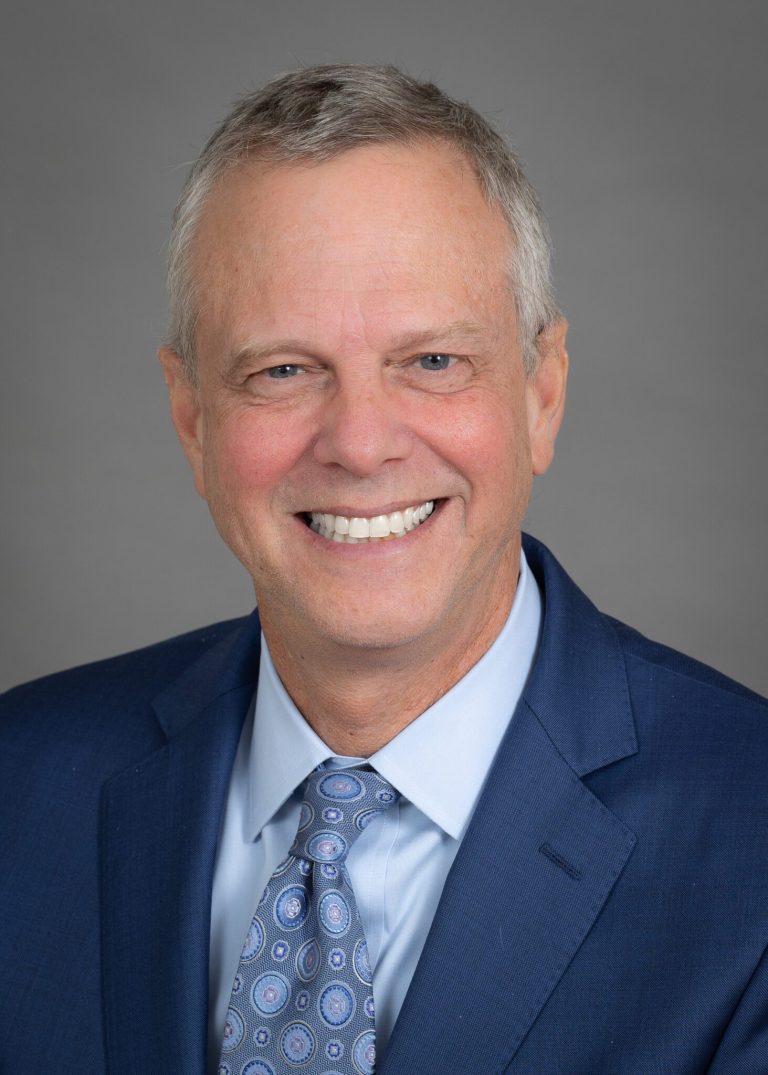
Dr. John Q. Young, professor and chair of the Department of Psychiatry at the Zucker School of Medicine at Hofstra/Northwell and senior vice president for Behavioral Health at Northwell Health, recently became the new president of the American Association of Directors of Psychiatric Residency Training.
The AADPRT is a non-profit membership organization of psychiatrists founded in 1970 to promote excellence in the education and training of future psychiatrists. I
ts mission is to advance the quality of psychiatric residency training in the US by providing comprehensive training for program directors, innovative curriculum development, robust community support, and effective advocacy.
Under Young’s leadership, the organization will further its efforts to enhance equity across the association and in program recruitment, improve training outcomes, and explore innovation.
“I am thrilled to spearhead the association’s mission to elevate the standard of psychiatric residency training in the United States,” said Young as he commenced his one-year term as the association’s new leader. “Together with our leadership team and the support of our members, we will continue making inroads on our key focus areas, including advancing equity within the association and its programs, preparing residency programs to implement competency-based education and assessment principles, and outlining the opportunities and risks associated with the applications of AI to psychiatric medical education.”
According to the American Medical Association and other health agencies, the United States has a substantial physician shortage.
Recent projections published in a 2024 report by the Association of American Medical Colleges show the nation will face a shortage of up to 86,000 physicians by 2036.
Psychiatrists are among this shortfall, affecting an estimated 51 million Americans struggling with mental health issues.
The gap in access to and quality of mental health care is notably wide in rural areas and underserved urban communities.
The AADPRT is working to close the divide by ensuring its leadership and members reflect the diversity of Americans and extending those efforts to the recruitment process for psychiatric residency programs across the county.
“We need to ensure that we are recruiting, training, and graduating a diverse pool of doctors so that psychiatrists represent the diversity of the communities they serve,” stated Young, who also serves as the chair of the Department of Psychiatry at Zucker Hillside Hospital. “We are also looking at how to address diversity and equity in the curriculum and provide the trainees with the information they need to support their patients. It’s going to take a long time—we’ve made progress, but there’s a lot more to do.”
With the passing of federal laws giving patients the legal right to equal access and coverage for mental health and substance use disorder treatment and the decreased stigma about seeking mental health care, the demand for psychiatric care is expected to continue to increase.
Encouraging interest and recruitment into psychiatry programs will be crucial to meeting the need, as will enhancing residency training programs, which demands staying on top of the latest technologies.
In the aftermath of the COVID-19 pandemic, telemedicine emerged as a creative and effective method of delivering care, especially for mental health. This technology, along with other innovations such as AI, can be used to optimize patient interactions and enhance the patient experience.
These tools, explained Young, can also help free up time for doctors, enabling them to evaluate and help more patients. Under his guidance, the association will explore this technology’s potential to enhance the field of psychiatry and its integration into residency training.
Finally, to ensure the high standards of medical education and the delivery of competent healthcare professionals, upholding the quality of residency programs will remain an ongoing priority for the AADPRT.
To this end, Dr. Young’s third leadership focus area will be on effectively measuring training outcomes and exploring a shift toward competency-based medical education. “What we are promoting for psychiatry residency training is moving towards more innovative ways of training psychiatrists that aren’t just time-based but competency-outcome-based. It involves more robust assessment methods, addressing workforce needs, and ensuring doctors are receiving training in the right competencies, such as addiction and geriatrics, which are hugely underserved,” Young explained.
The AADPRT has recently formed a task force to address competency-based medical education and support innovation in that space. The association is preparing for significant revisions of the psychiatric residency program requirements by the Accreditation Council for Graduate Medical Education , an independent, not-for-profit organization that sets voluntary professional educational standards for preparing physicians. The ACGME oversees the accreditation of residency and fellowship programs in the US and is expected to begin its assessment of psychiatric residency programs in 2026. “It’s a big high-stakes process, and we want to make sure that we’re forward-looking and anchored in what we know about learning and the needs of patients and populations. We are taking all these steps to ensure that future psychiatrists are prepared to meet the challenges of an ever-evolving healthcare environment.”
To learn more about the mission of the AADPRT, visit the AADPRT website.






